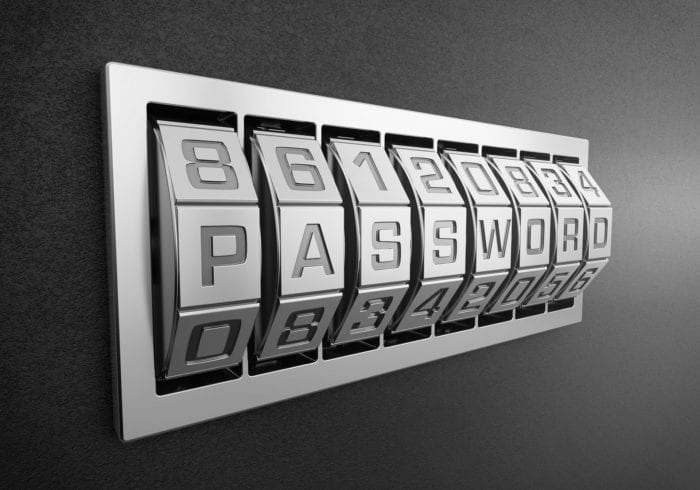Keeping Your Email Secure
Why would a hacker want to get into my email? We hear this question quite often from businesses that see hundreds of emails a day from clients, vendors, and internally, from employees.
The answer is fairly simple. Hackers have some excellent reasons to want to infiltrate your email. First, depending upon the nature of your correspondence, there could potentially be a treasure trove of information within business emails including: names, account numbers, password resets, and the list could go on and on. Secondly, emails contain unique identifiers for many online account logins making them highly targeted by cybercriminals. In addition, once a hacker has successfully gained access to your email account, the cybercriminal can access personal data acquired through an online account including your credit card information.
This disturbing information begs the question, “How do I keep my personal and business emails safe?”

Password Safety
It sounds so simple. Create a password that is strong and unique. Amazingly, many users are still not doing this. Using too simple a password or the same password for all of your accounts is not a great way to protect your email, let alone your bank accounts, business files, or private financial records. Use a reputable password manager to change all of your online passwords to strong, unique ones for each login.
Use Encryption Software
According to Data Insider online, “Encrypting the connection prevents unauthorized users on the network from intercepting and capturing your login credentials and any email messages you send or receive as they leave your email provider’s server and travel from server to server around the Internet. Encrypting email messages before they’re sent means that even if a hacker or anyone other than the intended recipient should intercept your email messages, they’re unreadable, and essentially useless.” There are so many options out there when it comes to email encryption software. Shop around a bit and you can almost certainly find something that fits well into your existing workflows.

Restrict Physical Access
This suggestion may have a varying degree of success depending upon the business and location of the computer workstations. If a hacker can physically access your workstation, infiltration into your email becomes infinitely easier. Be sure to log out and use the strongest password and security settings you can if you happen to share space or rotate usage at a workstation.
Avoid Public Wi-Fi
Internet access is pretty much everywhere nowadays. When you’re traveling or not at your office computer, avoid public Wi-Fi as much as possible. When you do have to use it, be sure you have enabled VPN - Virtual Private Network. A VPN will not only protect your personal information but also make your browsing experience even better, with fewer ads, and less tracking.
Are you following best practices when it comes to email use? Talk to our team and find out what your business should be doing to keep your data safe. If you need help, call us at 978.219.9752 or visit our website.
